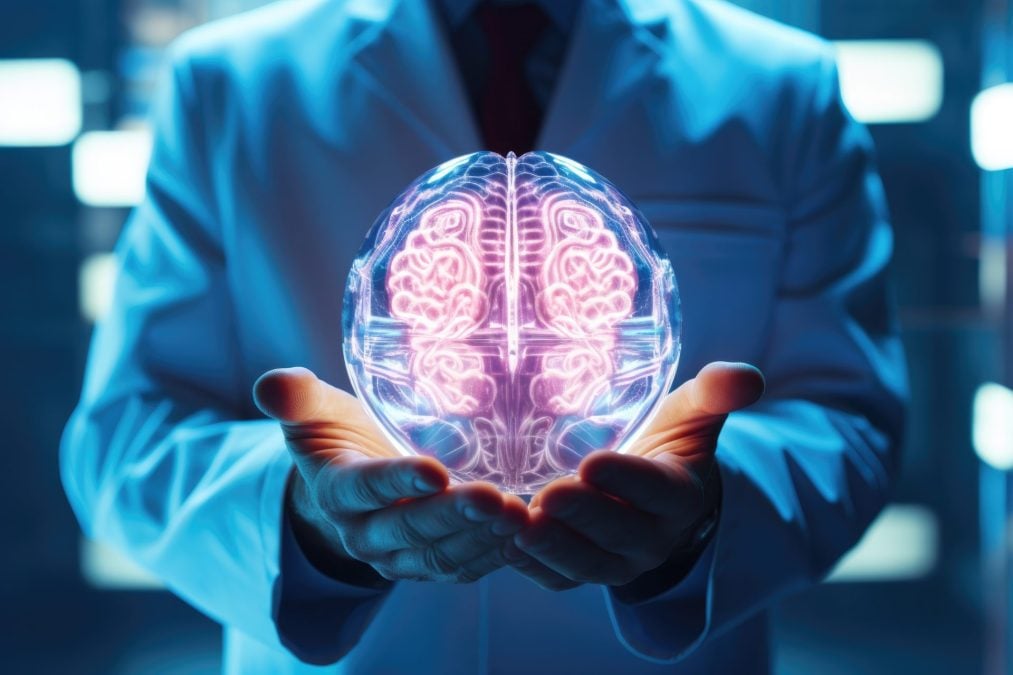
Cheers to 70 Years!
June 3, 2024
The Last Show of Ziggy Stardust – Under the Scope
June 3, 2024As people age, we sometimes chalk up memory lapses to “”senior moments.”” However, forgetfulness and lost memories don’t necessarily have to be part of aging. Research shows that a healthy lifestyle helps brains age better. While several risk factors for dementia such as family history and genetics are beyond our control, we can control diet, social interactions and exercise. Research shows that age-related dementia can be reversed or stabilized with lifestyle changes and medication before it progresses.
Watch what you eat and drink.
Following a heart healthy diet boosts brain health, as heart disease increases Alzheimer’s risks. Even small dietary changes can benefit our brains.
- Keep anti-oxidant rich fresh or frozen fruits—strawberries, blueberries, raspberries, mangoes, cherries—on hand for snacking or tossing into smoothies.
- Instead of spreading butter and jam on toast for breakfast, make avocado toast. Avocados are rich in fiber, potassium, magnesium and monounsaturated fatty acids.
- Regularly eating salmon, tuna, mackerel and sardines—all rich in omega-3 fatty acids—can also benefit brain health.
- Follow a Mediterranean diet, which is heavy on fruits, vegetables, whole grains, beans and olive oil and light on red meat.
- Reduce alcohol consumption. Too much alcohol can directly impact the heart and the brain.
Keep moving your body and brain.
Not only does exercise benefit our bodies by helping with weight management, but it can quiet the mind and reduce stress. Lack of physical activity is linked to increased risks for heart disease, cognitive decline and frailty. Whether working out at a gym, dancing or gardening, we should find an activity we enjoy.
Practice self care.
Along with routine exams, vaccinations and other preventive health measures, caring for ourselves on even deeper levels also support brain health.
- Maintaining social relationships is crucial to physical and mental health. The CDC warns that chronic loneliness and social isolation, particularly in older people, pose serious public health risks, including a 50 percent increased risk of dementia.
- Sleep is vital for brain health. The brain flushes out toxin when we sleep, which explains why we feel groggy and lethargic when deprived of sleep. The National Institutes of Health (NIH) recommends that adults get 7 to 8 hours of sleep nightly.
- Practicing monthly self-care rituals can help us feel good while also improving energy and overall mental health.
Be aware of early signs.
The American Alzheimer’s Association recommends being aware of early signs of Alzheimer’s:
- Memory loss that disrupts daily life
- Changes in ability to plan or problem solve
- Difficulty completing everyday tasks
- Vision problems such as difficulty judging distance or determining colors and contrasts
- Confusion with time or place; forgetting where we are or how we got there
- Struggling with words in conversation or writing
- Misplacing things and being unable to retrace steps
- Decreased or poor judgement
- Withdrawal from work or social activities
- Sudden changes in mood and personality
If displaying any of these signs, talk with a healthcare provider. The Alzheimer’s Association also offers a 24-hour helpline, 800-272-3900.
For more information contact Thibodaux Regional Neurology Clinic, 985.493.3090.



